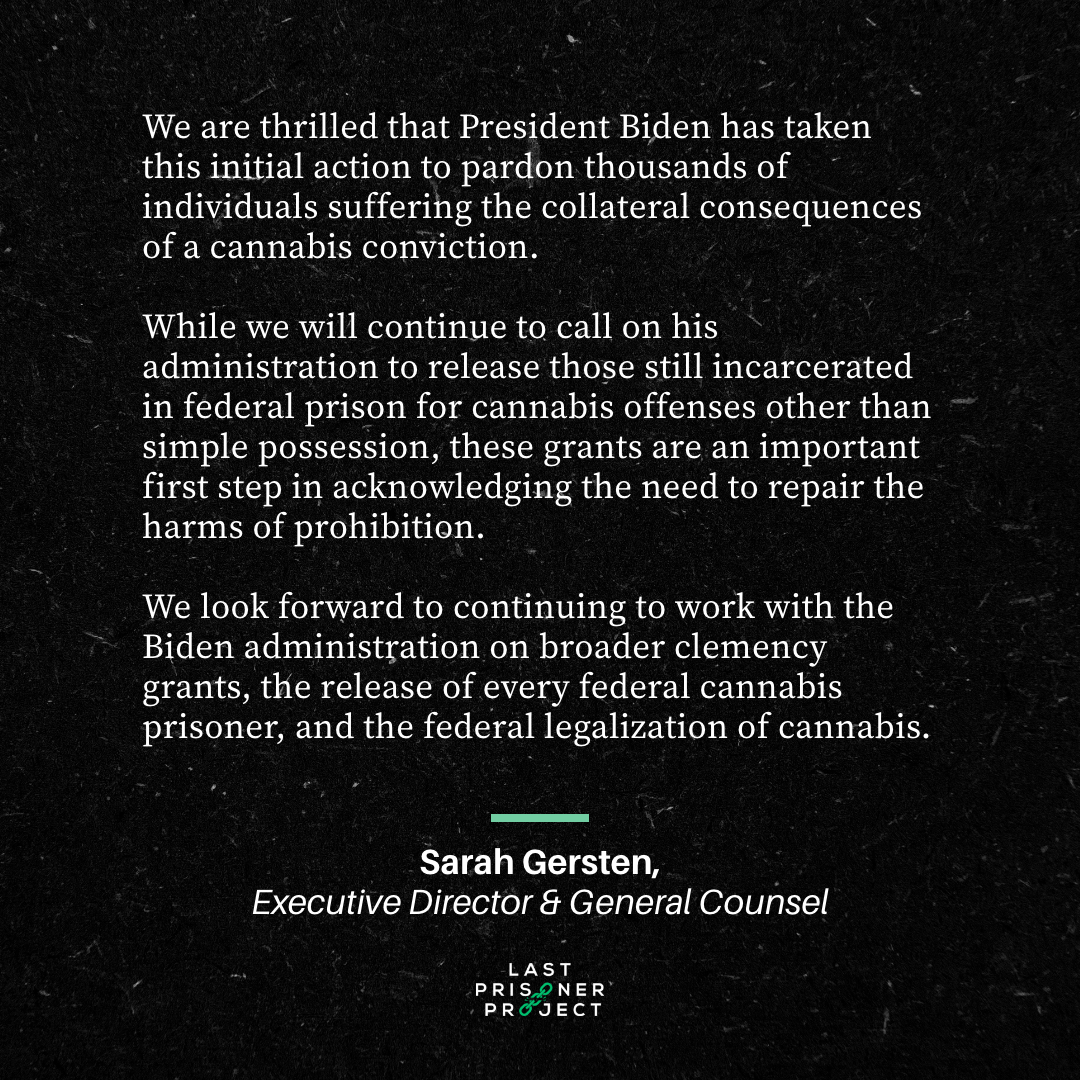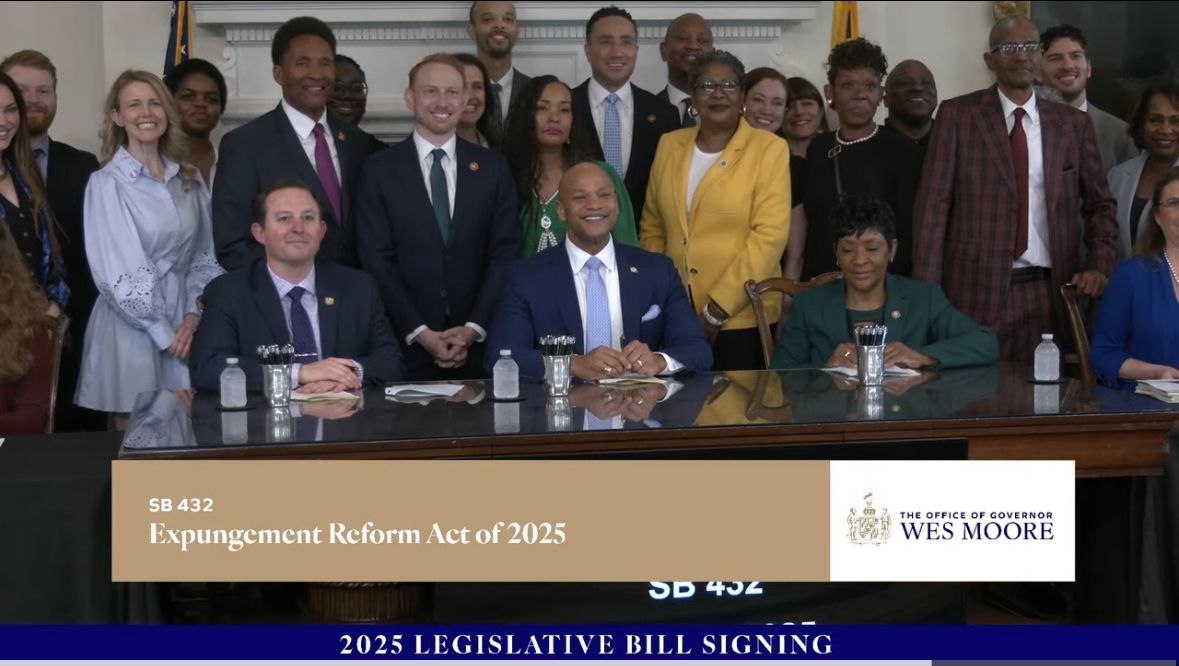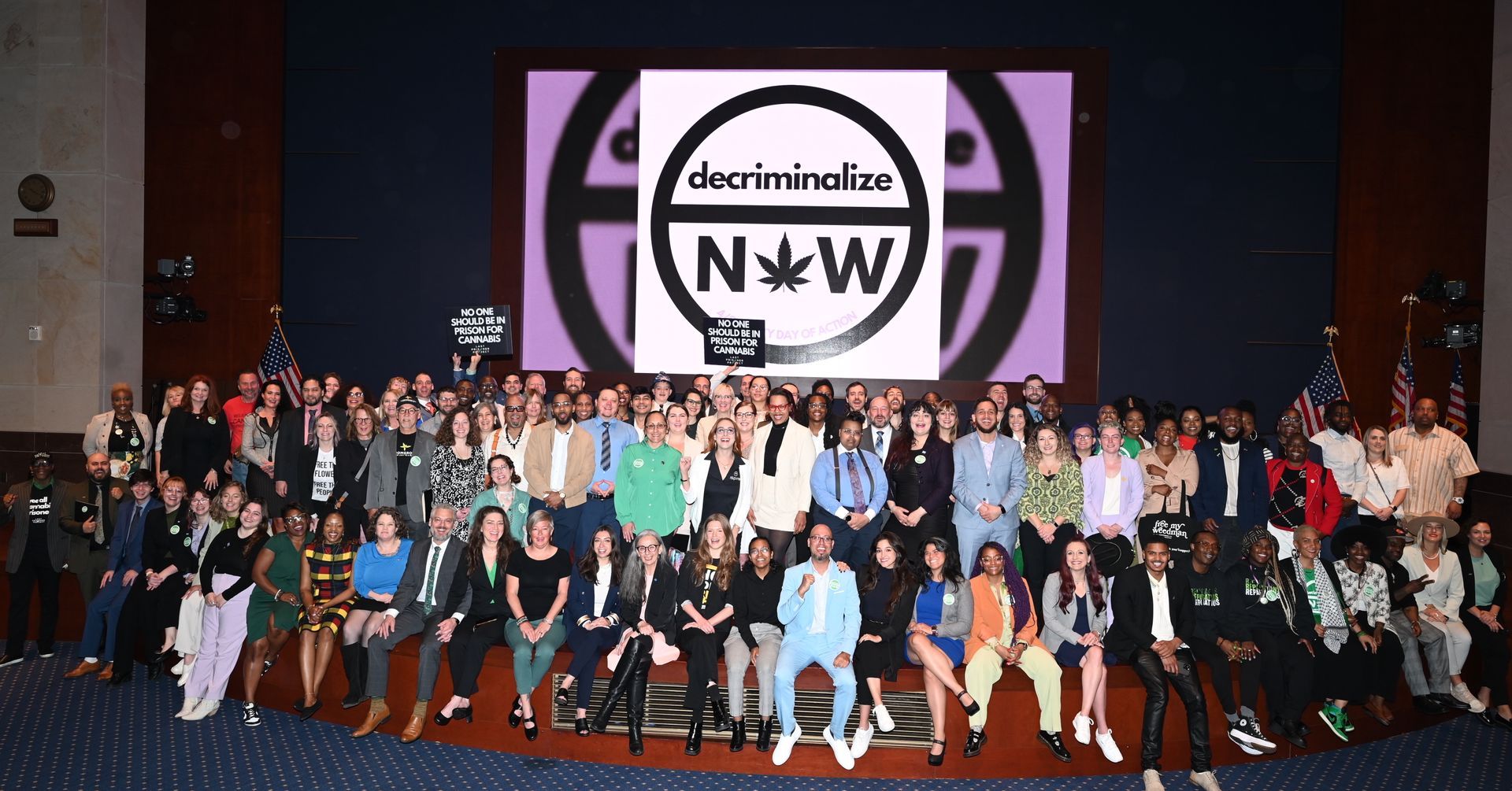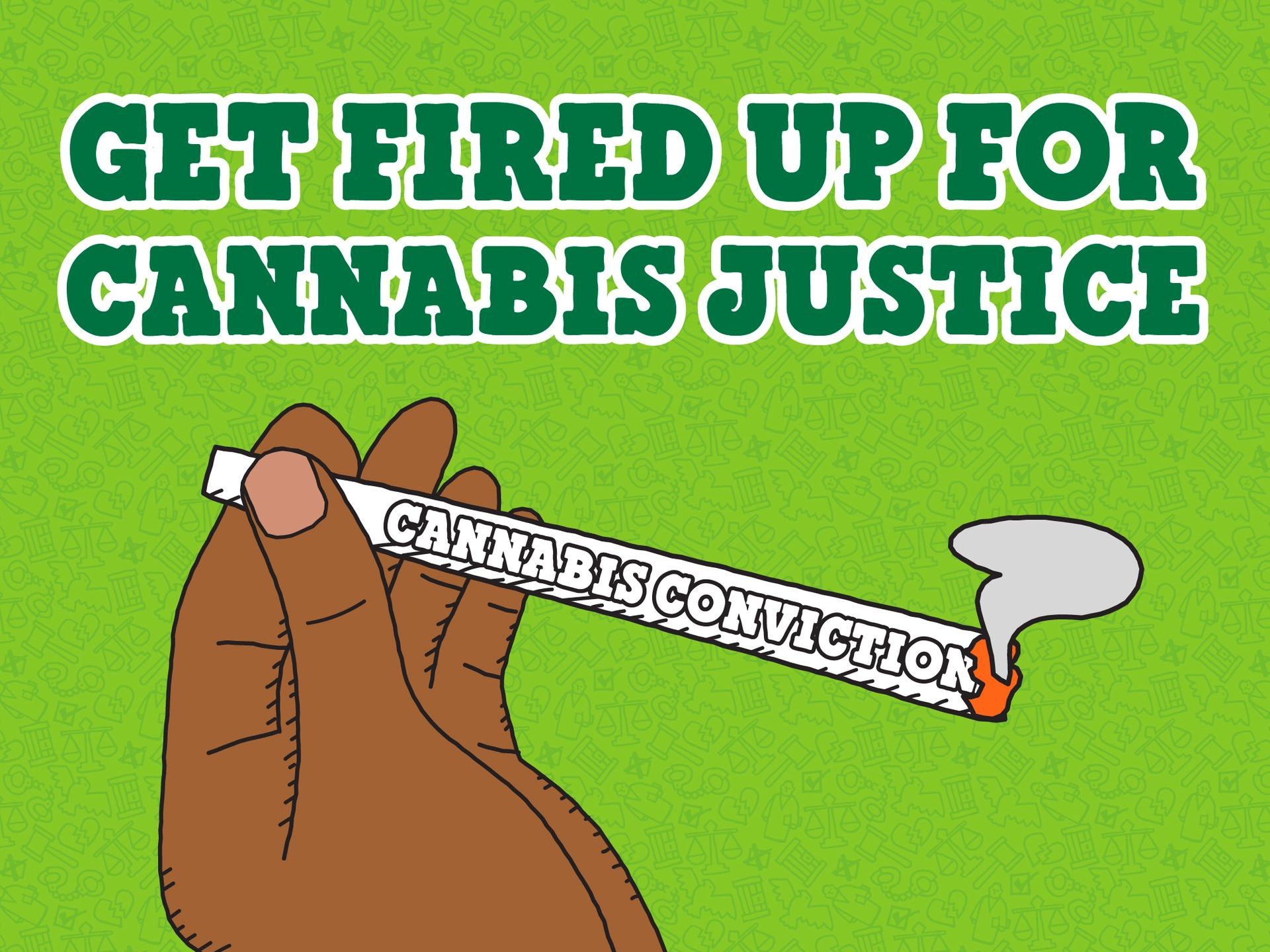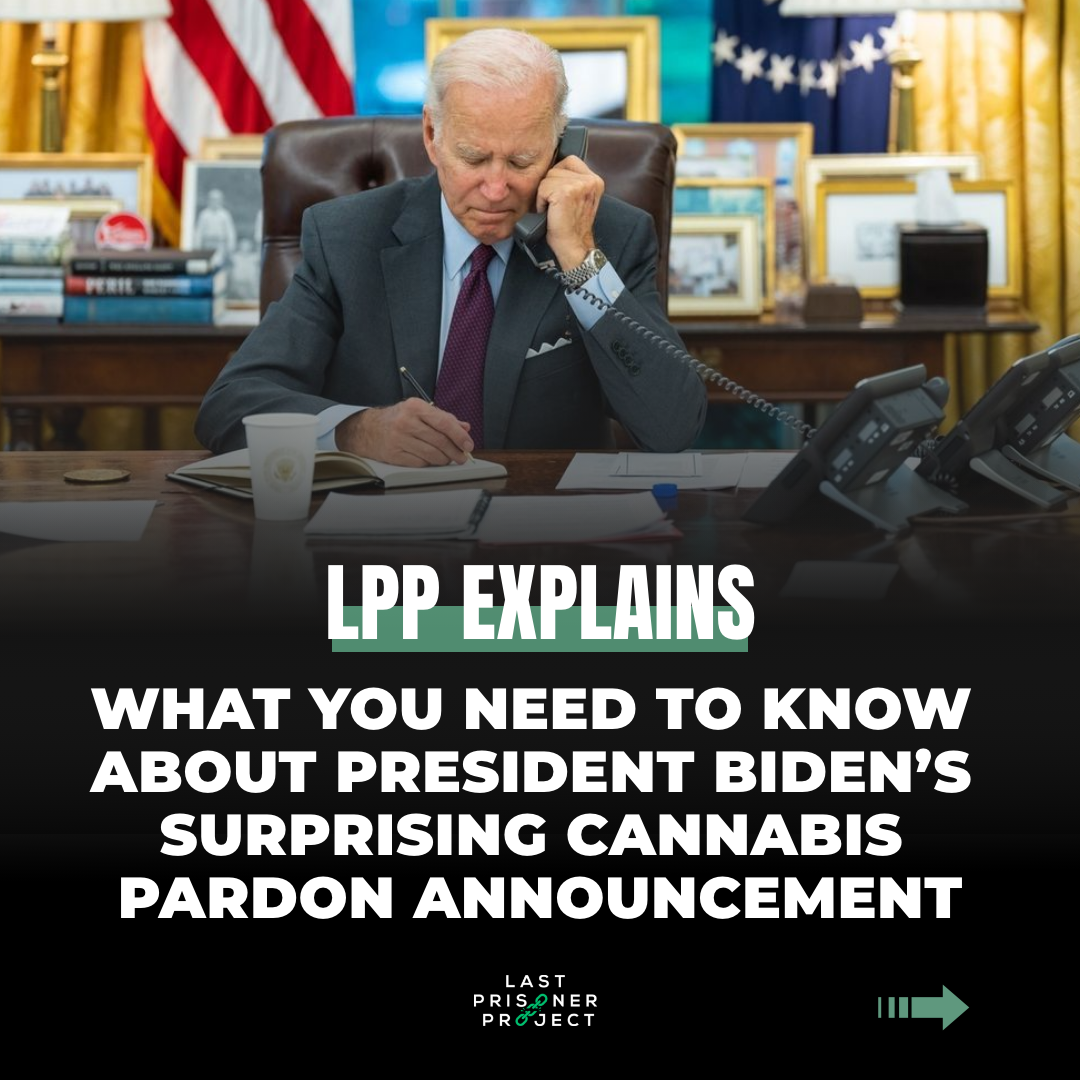President Biden Pardons Federal Cannabis Convictions, Urges Governors to Do the Same While Initiating Cannabis Scheduling Review
On October 6th, President Biden announced he is granting pardons to over 6,500 people with federal simple marijuana possession offenses. And, in an acknowledgment of the fact that the vast majority of cannabis convictions take place on the state level, President Biden simultaneously encouraged the country’s governors to use their clemency power to issue similar grants.
In addition to the pardons, President Biden also made it known that he’s directed Xavier Becerra, the Secretary of the Department of Health and Human Services, and Merrick Garland, the Attorney General, to initiate the process of reviewing how cannabis is scheduled under federal law. And while the outcome of that undertaking won’t be known for some time, we’re hopeful it will result in cannabis being descheduled (i.e removed from the Controlled Substances Act altogether).
These announcements come after years of advocacy by Last Prisoner Project, who—in addition to our direct lobbying of the Biden Administration—has launched two campaigns (A Time to Heal and
Keep Your Promise) focused on getting President Biden to use his clemency power to provide relief to those with federal cannabis convictions.
Sarah Gersten, Last Prisoner Project’s Executive Director, responded to today's announcement with the following statement.
“We are thrilled that President Biden has taken this initial action to pardon thousands of individuals suffering the collateral consequences of a cannabis conviction. While we will continue to call on his administration to release those still incarcerated in federal prison for cannabis offenses other than simple possession, these grants are an important first step in acknowledging the need to repair the harms of prohibition. We look forward to continuing to work with the Biden administration on broader clemency grants, the release of every federal cannabis prisoner, and the federal legalization of cannabis.”
In short, while the President’s executive actions are an unprecedented, important step forward, there is still much more that needs to be done. Below is more information on how today’s developments will impact the lives of our constituents, as well as the country as a whole.
- For those who receive them, the pardons will work to lessen the collateral consequences associated with federal simple marijuana possession convictions (lack of access to jobs, education, public benefits and services, etc.). This is great news! We were also pleasantly surprised to see the Department of Justice put out a statement assuring the public it will “expeditiously administer the President’s proclamation”, which includes swiftly notifying impacted individuals of the restoration of their rights. As we know too well, a solid implementation plan is key to the success of initiatives like this one.
- However, the reality is that the vast majority of federal charges are more serious than simple possession. Because of this, the population that received pardons today represent only a fraction of the number of people with federal cannabis-related convictions. As the White House itself has acknowledged, today’s announcement will not lead to anyone being released from federal custody.
- The DOJ has also pledged to work with the Department of Health and Human Services to swiftly review how marijuana is scheduled under federal law. That process will take some time, but it could result in marijuana moving from Schedule I (the strictest categorization under the Controlled Substances Act) to a lower schedule. For Last Prisoner Project’s part, we’d like to see it descheduled, which essentially means “moving” it to no schedule at all.
Read more of our coverage of President Biden’s announcement in
New York Post,
Bloomberg,
Reuters,
USA Today,
Rolling Stone,
Washington Post,
Grid News,
Ganjapreneur,
the Guardian, and
Marijuana Moment.
